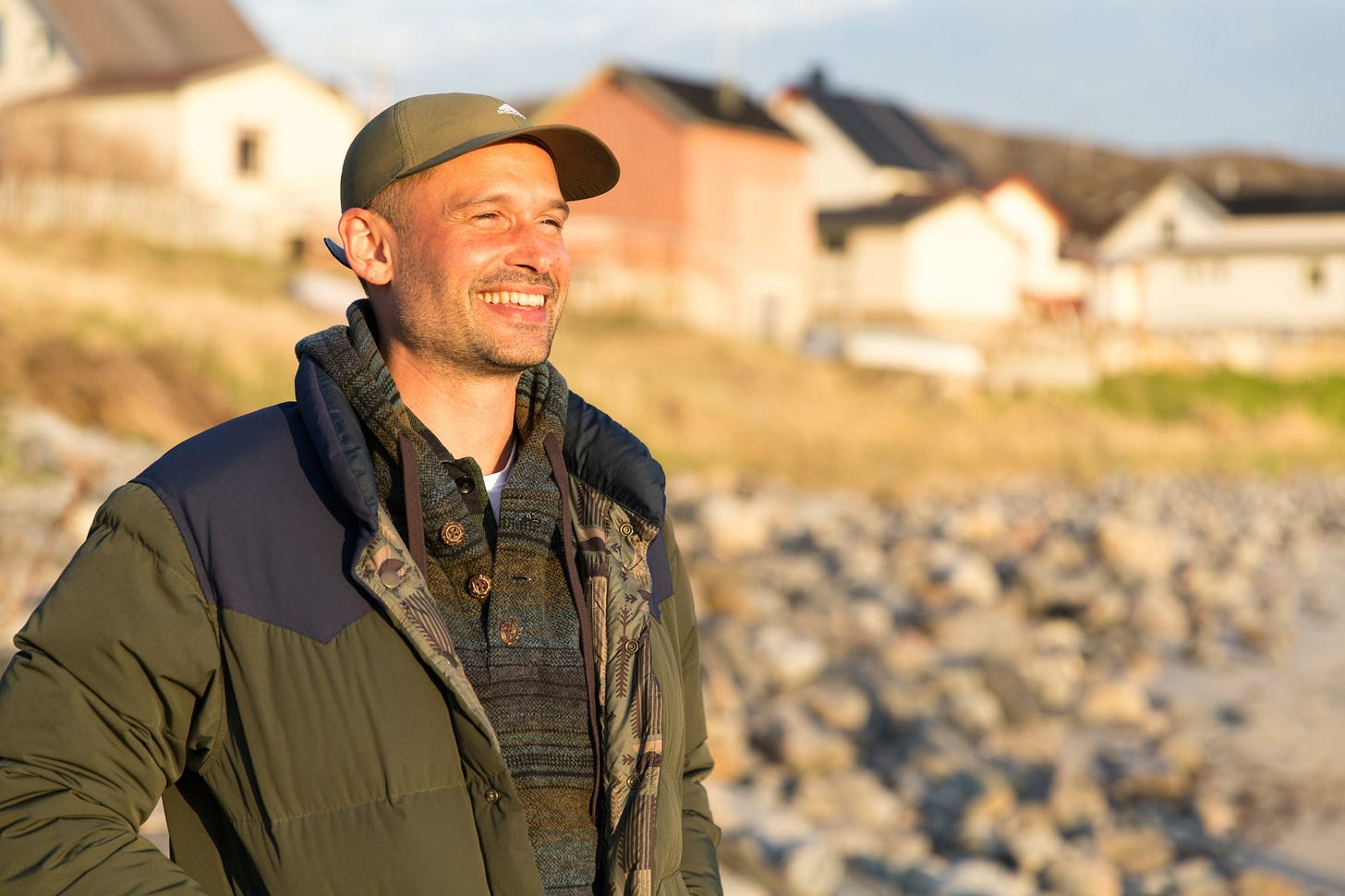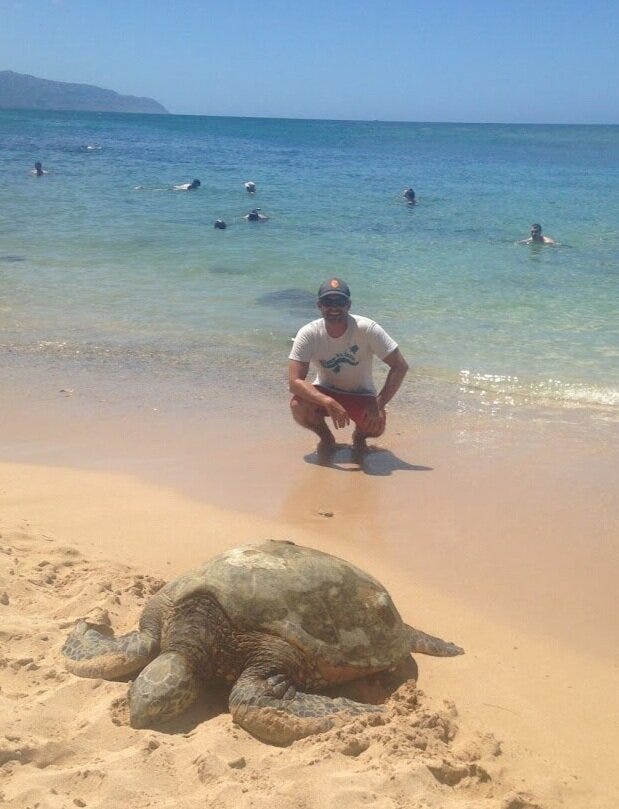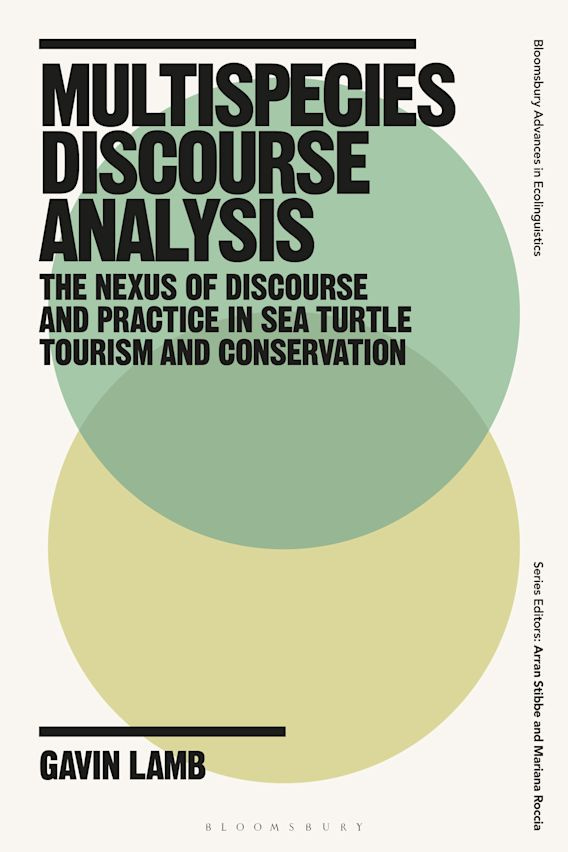Why subscribe to Wild Ones?
Welcome to Wild Ones by me, Gavin Lamb, Ph.D.
Wild Ones is a weekly digest of thought-provoking research, creative and inspiring ideas, and practical tools from ecolinguistics and environmental communication.
Every week I share educational, inspiring, and creative ideas in the fast-growing interdisciplinary field of environmental communication: it might be new research updates, thought-igniting theories, helpful tools, or inspiring quotes from compelling writers, activists, and researchers. I gather all these communication resources here for you to consider in your own life and work as an advocate for a more healthy, just, and sustainable world.
In addition to the weekly digest, from time to time I’ll also run essays on important topics and debates in environmental communication, interviews with compelling people doing work in fields related to environmental communication, reviews of books on ecolinguistics and environmental communication, and even high-stakes items like tips on sustainable surf travel:)
Whether you’re a journalist, community activist, science communicator, academic researcher, outdoors enthusiast, animal advocate, urban gardener, soul surfer, or just someone wondering how to promote happier, healthier, and more sustainable relationships between yourself, other people, and the natural world, then I believe Wild Ones has something of value for you.
About me:)
Hi there! Just to share a bit more about myself, I’m an associate professor in the Department of Professional and Intercultural Communication at NHH Norwegian School of Economics, in Bergen, Norway. I’m also a senior researcher at NORCE, an independent research center (also in Bergen) focused on climate and sustainability science.
I received my Ph.D. in Applied Linguistics from the University of Hawai‘i in 2019, and much of my Ph.D. training is in sociolinguistics, a sub-branch of linguistics. Most people I’ve talked to think that linguists’ main job is to learn languages, and although that’s not really our focus, we often end up learning new languages anyway as a consequence of the work we do (the language I’ve learned to various degrees over the years include Norwegian, Japanese, Portuguese, French, and Hawaiian). In reality, our work as language scientists is focused on studying how language works: how language shapes our knowledge, attitudes and actions in the world, and how our use of language is influenced by cognition and culture.
Sociolinguists, in particular, focus on how language and communication are like tools that enable us to do ‘social stuff.’ Think of this ‘social stuff’ as all the ways we use language and other meaning-making resources (like the clothes we wear or the activities we take part in) to participate in society. Sociolinguistics ask how we use language to take actions (like teasing or complimenting), build relationships with others, create identities of sameness and difference, or participate in communities of different types, from book clubs to entire nations, all through different forms of communication, from spoken language to news and social media.
Since my work is focused on environmental communication, I bring my background in sociolinguistics to bear on the question of how people use communication to get ‘environmental stuff’ done. In my own research, this has involved exploring how communication is used in promoting the conservation and protection of endangered species like sea turtles, to coordinating climate mitigation and adaptation strategies among a growing ‘network of networks’ of climate organizations across companies, governments, NGOs, research centers and more.
You can also learn more about my academic research here, or find me on BlueSky here where I share updates on what I’ve been reading lately:)
Thanks so much!
Gavin





